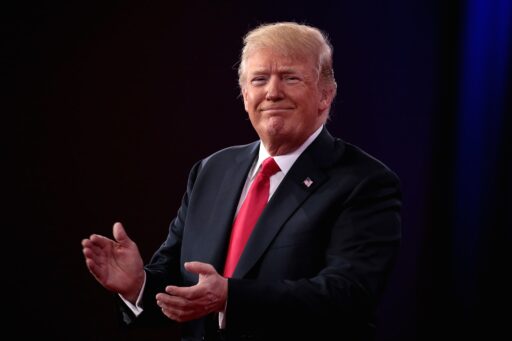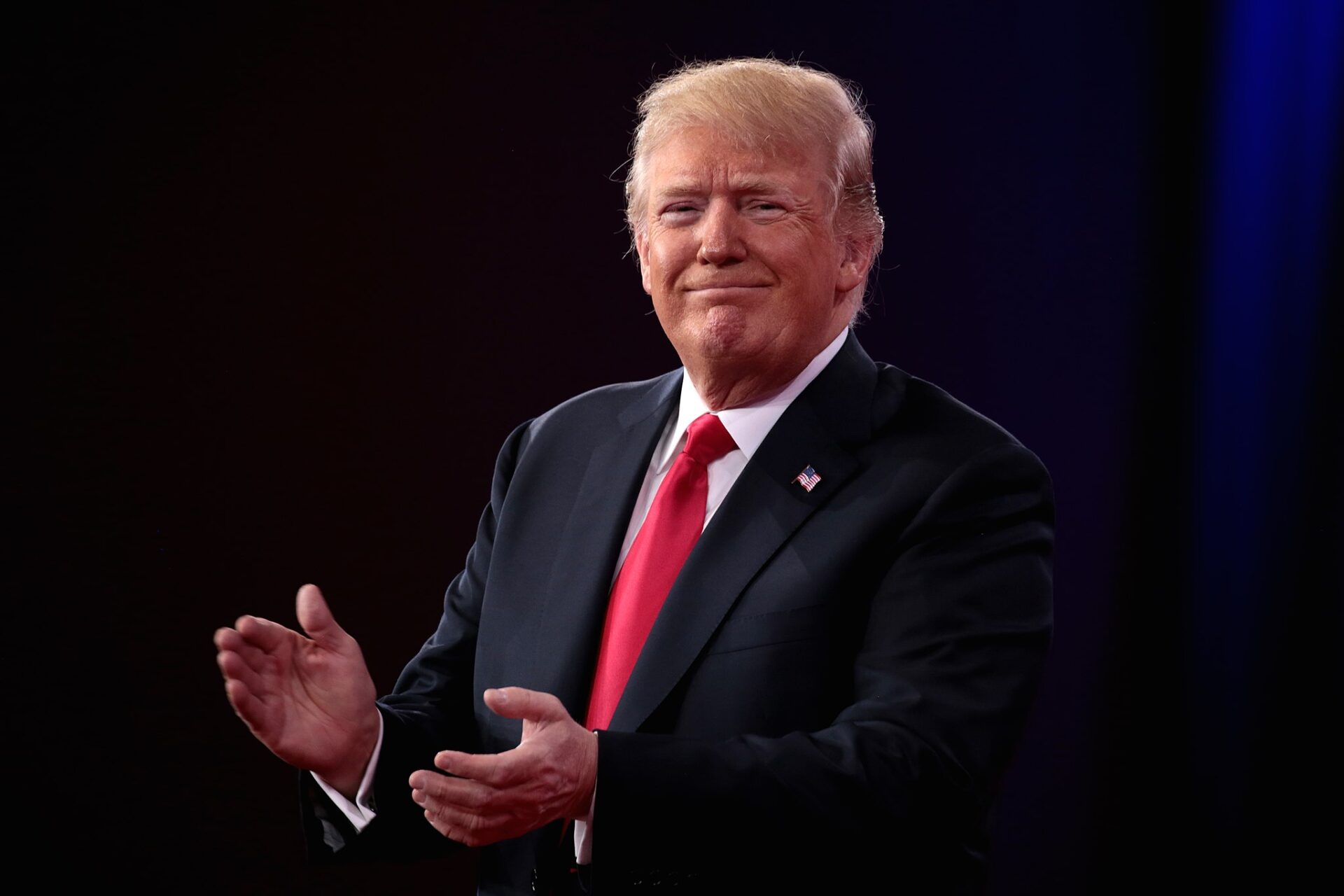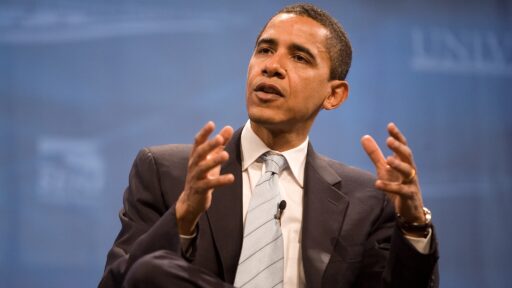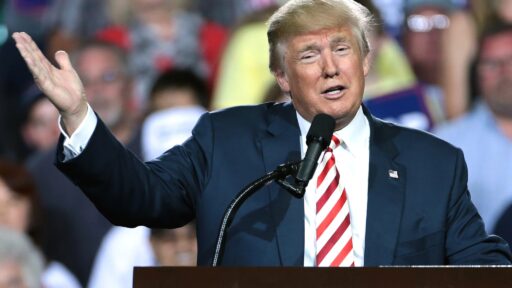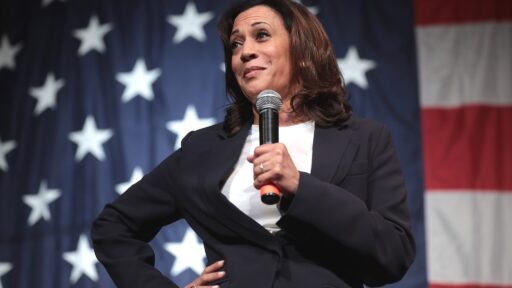Republicans need to stand firmly behind Trump and help strengthen the MAGA base.
Senate Republicans are expressing concern that former President Donald Trump might jeopardize their prospects of regaining Senate control. This worry arises from Trump’s underwhelming performance in responding to Vice President Kamala Harris’s recent surge in popularity, as noted by GOP aides and strategists.
Harris has made significant inroads in critical Senate battlegrounds such as Ohio and Florida, narrowing Trump’s lead and even surpassing him in other crucial states like Arizona, Michigan, Pennsylvania, and Wisconsin. This shift has raised alarms among Senate Republicans who had anticipated more favorable outcomes in these areas.
Sen. Lindsey Graham (R-S.C.), a staunch Trump supporter, has advised the former president to shift his focus from his provocative rally style to a more policy-oriented approach. Graham believes that while Trump’s policies are beneficial for the country, his current “showman” tactics may not be effective in securing a win. Instead, he recommends that Trump concentrate on contrasting his record with Harris’s performance on issues like the economy, taxes, and border security, where Republicans have traditionally held an advantage.
Despite the challenges, the GOP is still in a strong position to reclaim the Senate. They need only to gain two additional seats to achieve a majority, even if they do not win the presidency. The party is expected to secure a seat in West Virginia, and Sen. Jon Tester (D-Mont.) faces a tough reelection battle in a state that Trump is likely to win. Ohio also presents a promising opportunity, with Sen. Sherrod Brown (D) struggling in his reelection bid.
Nevertheless, recent polling has caused concern among Republicans as they see Harris energizing younger and minority voters. Ron Bonjean, a GOP strategist, notes that Harris represents a more formidable candidate than President Biden, which presents both challenges and opportunities for Republicans. Bonjean argues that while Trump’s personal attacks on Harris might excite his base, they risk alienating independent voters who are crucial to winning the election.
Harris’s rising popularity in key battleground states—Arizona, Michigan, Pennsylvania, and Wisconsin—has intensified Republican anxieties. A New York Times/Siena College poll has shown Harris leading Trump in several of these crucial states. Additionally, recent polls suggest that Trump’s once-comfortable leads in places like Ohio and Florida are narrowing.
GOP strategists are concerned that Trump’s focus on personal attacks rather than substantive policy discussions may hinder Republican Senate candidates. The party’s internal polling reflects a tightening race in Ohio, a state Republicans had hoped to win decisively.
In Florida, although Trump remains favored, polls indicate a tighter race. The shifting dynamics have led to fears that Trump’s campaign style might adversely affect Senate races, particularly those in swing states where downballot GOP candidates are forced to address Trump’s controversial remarks rather than focusing on their own campaigns.
Former Sen. Judd Gregg (R-N.H.) warns that Trump’s behavior could be detrimental to Republicans’ overall electoral strategy. He emphasizes that independent voters, who are essential for victory in swing states, are increasingly turned off by Trump’s antics. Gregg suggests that the campaign’s current direction may force GOP candidates to spend more time defending Trump’s statements than promoting their own platforms.
Sen. Ron Johnson (R-Wis.) acknowledges the impact of the presidential race on Senate contests and expresses frustration with the media’s lack of scrutiny on Harris’s policy positions. Johnson remains cautious about the GOP’s prospects, recognizing the need for a more disciplined campaign strategy to ensure Senate victories.


